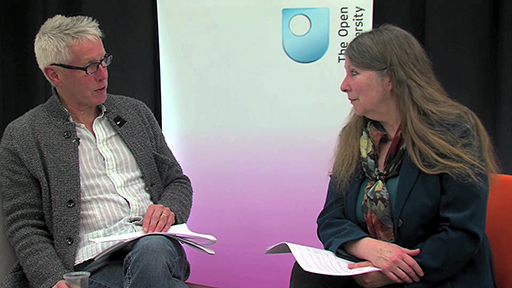7.2.4 The challenges of the pension revolution

Transcript
To round off our examination of pensions and the current pensions revolution in the UK, watch this video of Martin and Jonquil Lowe answering questions posed by learners. The areas covered include issues about pensions schemes and the new freedoms those retiring now have in making their pension arrangements.
